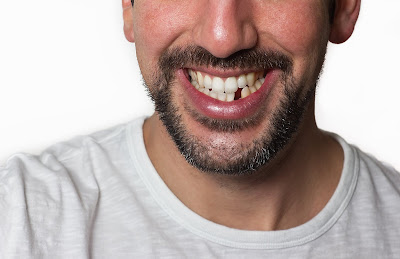Tooth Fairy Traditions
1. THE UNITED STATES AND BEYOND In America (and other primarily English-speaking countries), kids are paid off for their teeth—lose a tooth, put it under your pillow, go to sleep, and at some point, a fairy will arrive to exchange the tooth for some cash. In 2017, the going rate was an average of $5.70 a tooth - Losing teeth really isn’t so bad! 2. INDIA, CHINA, JAPAN, KOREA, AND VIETNAM Kids who lose teeth from their lower jaw will throw their teeth onto their roof, while upper jaw teeth go on the floor or even under it (the idea is the new tooth will be pulled towards the old tooth). That’s not all, though, because as the tooth-losing kiddo tosses their teeth, they sometimes yell out a wish that the missing tooth be replaced by the tooth of a mouse. Mice (and other rodents) have teeth that continually grow, which sounds like a wise request when one goes missing. 3. SPAIN One of Spain’s most beloved myths centers on Ratoncito Perez, a...













